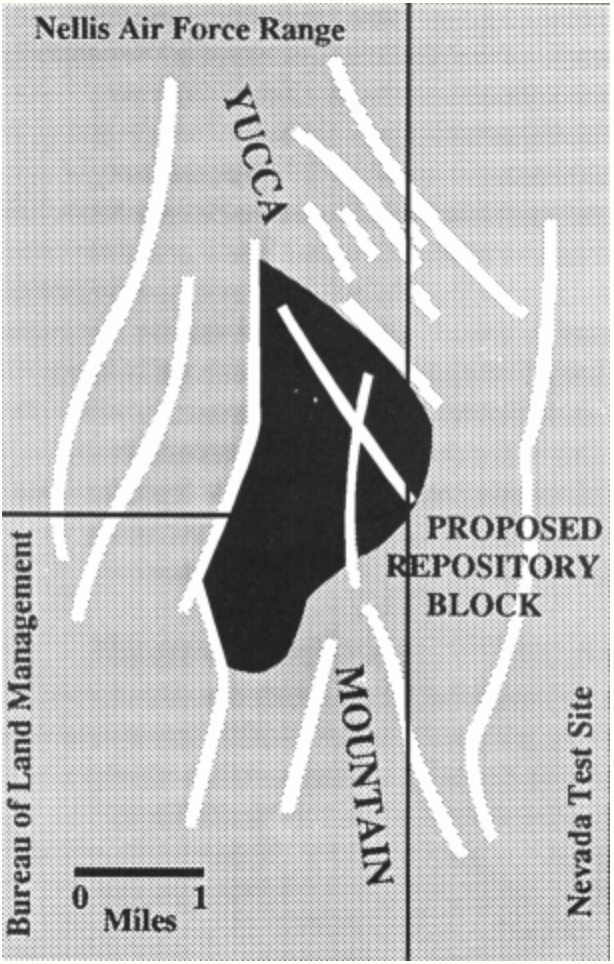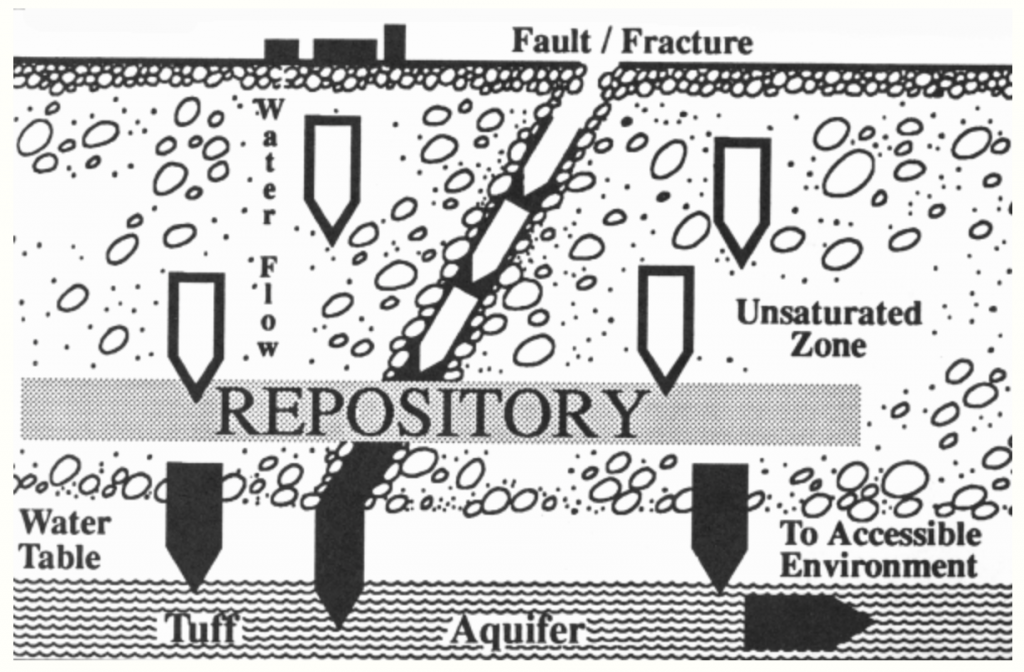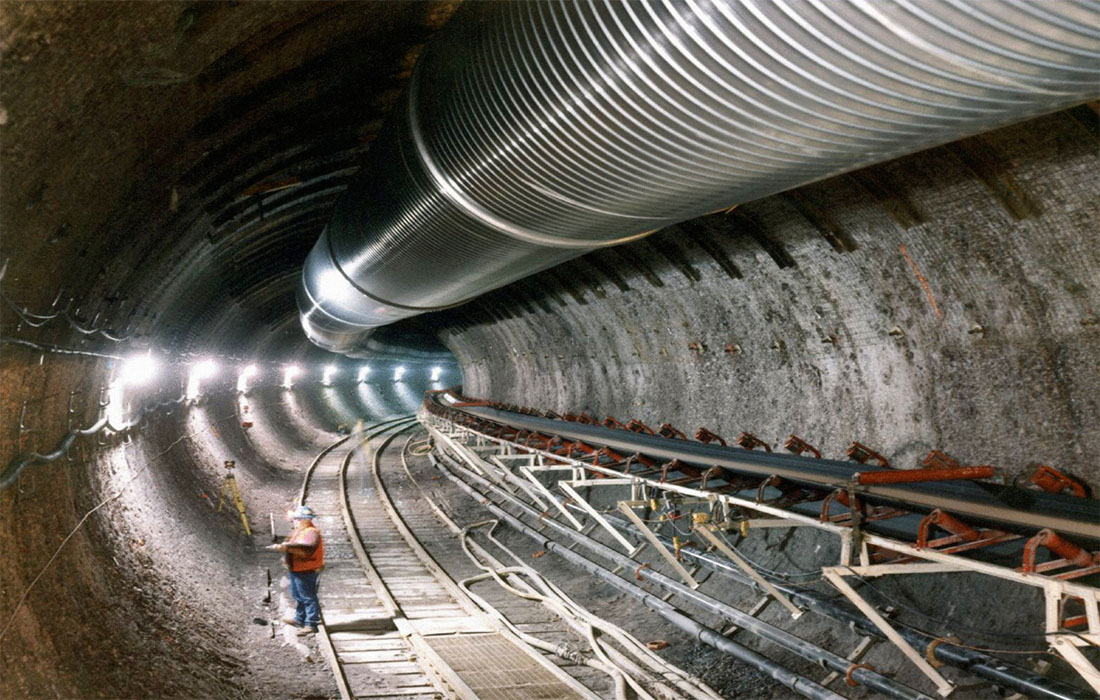WASHINGTON–
New York Rep. Paul Tonko and New Jersey Rep. Frank Pallone made surprising statements at a House Energy and Commerce subcommittee on Thursday.
They talked about the water crisis in Flint, Michigan, even though the hearing was part of a five-hearing series on nuclear energy.
With only a week left in the 114th Congress, Tonko, D-N.Y. said, “There are other issues we should be examining in our remaining, limited time of the 114th Congress. Our time should be spent working on problems we can resolve now like an aid package for Flint and bring it to the floor.”
Pallone asked the same question: why Yucca Mountain and why now, especially after funding had been cut for the site in 2011?
“This is the fifth hearing this subcommittee has held in this Congress on the issue of nuclear waste. For example, we could be using today’s hearing time to discuss safe drinking water,” Pallone, D-N.J. said.
Yucca Mountain located near the Nevada-California border, about 100 miles from Las Vegas, was originally approved as a nuclear waste repository under the 1987 Nuclear Waste Policy Act. By some estimates it would have been able to hold hundreds of thousands of tons of nuclear waste. But under the 2012 Blue Ribbon Commission on America’s Future, scientists and officials recommended other sites in the U.S. be considered instead.
A representative of Chairman Rep. John Shimkus’s office, said hearing had been called because Shimkus had always had an interest in the nation’s nuclear waste and was planning on rolling out a comprehensive legislation package on the subject.
Or maybe it’s because Nevada Rep. Harry Reid is going to retire in 2016. As the biggest opponent to the repository at Yucca Mountain, he introduced a Nuclear Waste Informed Consent Act in 2015 which would require the consent of Nevadans before Congress could go ahead with the waste disposal site.
Rep. Tonko spoke in support of Reid’s bill and against the repository saying, “The host, state, tribal, and local governments need to have a seat at the table.”
Nevada Rep. Dina Titus also spoke in support of the bill and against the repository in her home state, “Pass a consent based bill so that places who want it can have it.”
She cited a nearby fault line and aquifer to the proposed site, as Nevadans major concerns with the location of the repository. If an earthquake caused a leak in storage containers, and if it leaked into the aquifer, millions of people in Las Vegas could be without drinking water.

Illustration of fault lines near the proposed repository at Yucca Mountain. Photo courtesy of the State of Nevada.

Illustration of the aquifer near the proposed repository at Yucca Mountain. Photo courtesy of the State of Nevada.
Nevada State Sen. Joe Hardy was only for the repository if it could be proven to be safe and said consent was the only way forward, “Listen to the locals who know Nevada rather than those who live far way.”
Like Titus, D-Nev. he said a disaster at a repository at Yucca Mountain, “could turn out to be water contamination on a bigger scale than Flint, Michigan.”
He warned Nevadans about trusting a 2016 report from the Nuclear Regulatory Commission that said water contamination would be “small,” if there was a leak.
Titus, D-Nev., said that three out of four, 75 percent of Nevadans do not want a nuclear waste repository site in their state because they didn’t create the waste in the first place. There are no nuclear plants in Nevada.
“Nevadans might be gamblers but we’re not fools we know how to calculate the odds,” she warned.

